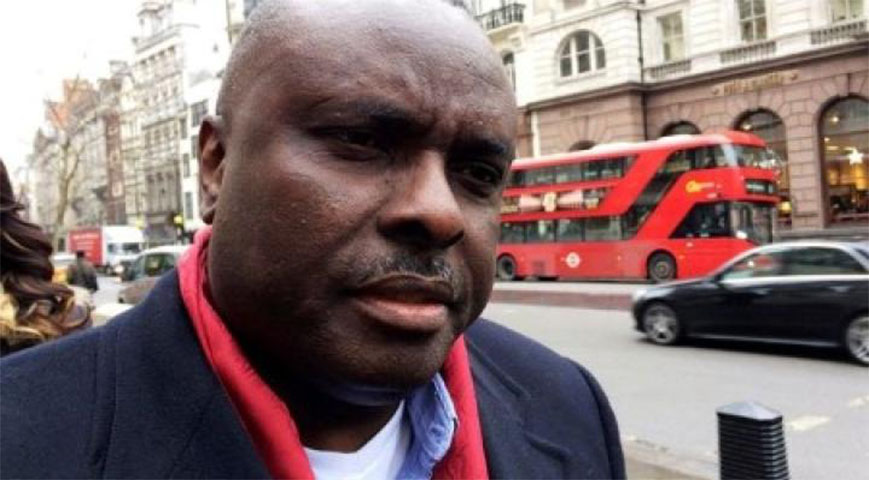British and Nigerian civil society organizations have called on the British government to quickly and transparently return money confiscated from Nigerian politician James Ibori, a convicted conman, to his nation so that the money can benefit ordinary Nigerians.
A coalition of over 50 non-governmental organizations (NGOs) argued in a letter to Britain's home and foreign affairs ministers that the long-delayed confiscation process had weakened the powerful anti-corruption message given by Ibori's conviction over a decade ago.

"The years of disruption and delay in recovering and returning these stolen assets means that this message has so far rung hollow for the Nigerian people," stated the letter, which was made public on Thursday by Spotlight on Corruption, one of its signatories.
Did you read this?
Ibori, a former governor of Nigeria's oil-producing Delta State, pleaded guilty in a London court in 2012 to 10 fraud and money laundering counts. He was sentenced to 13 years in prison, half of which he served before returning home.
Ibori is still powerful in Nigeria, having recently spoken with President Bola Tinubu and having friends and allies in other key positions.
The NGOs, which included Transparency International and the Africa Network for Environment and Economic Justice, said the cash seized from him should go to initiatives benefiting Delta State residents and that execution should be subject to civil society oversight.
British authorities began attempting to seize Ibori's assets in 2013 but have encountered numerous challenges and delays in the London courts.
A judge ordered the confiscation of 101.5 million pounds ($123.9 million) from him in July, one of the largest judgments under Britain's Proceeds of Crime Act 2002 since its implementation.
He has requested leave to appeal the order, and his request is in the early stages of the appeal procedure.









